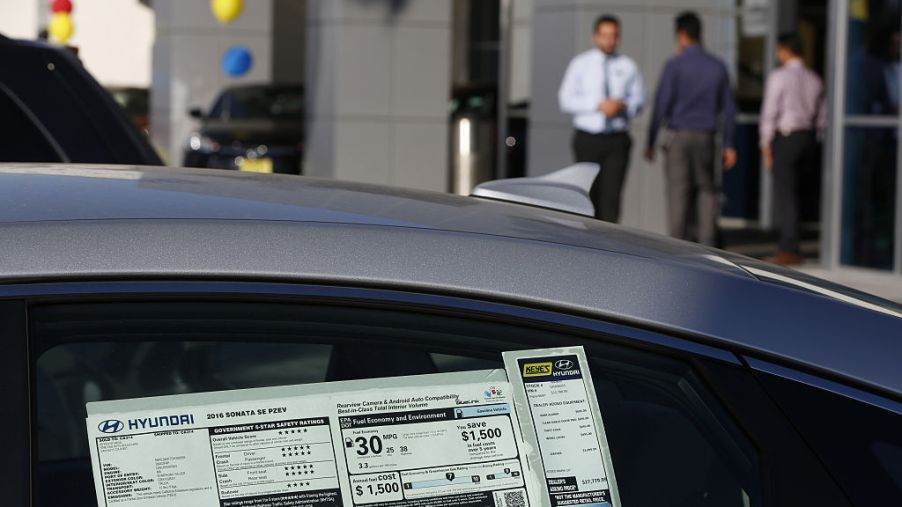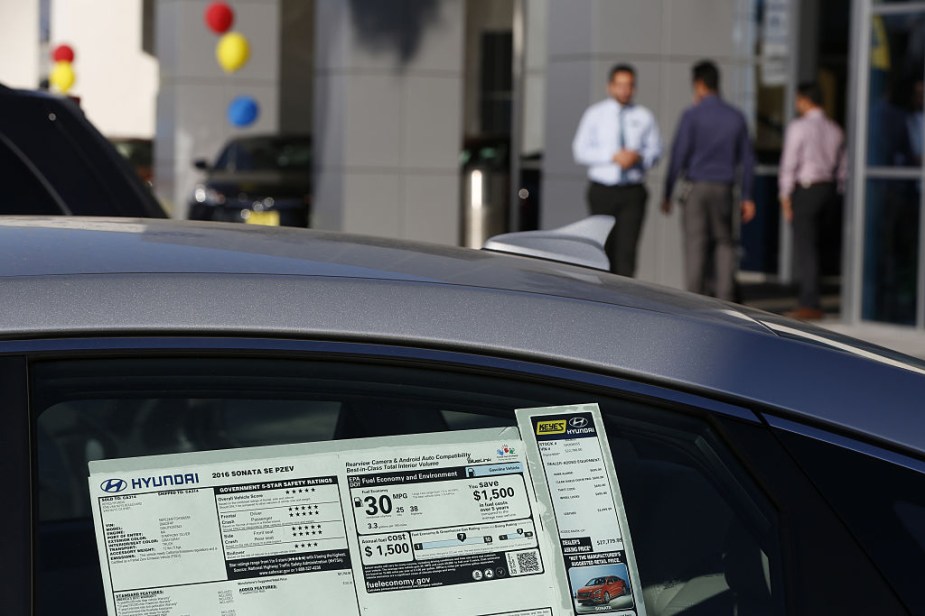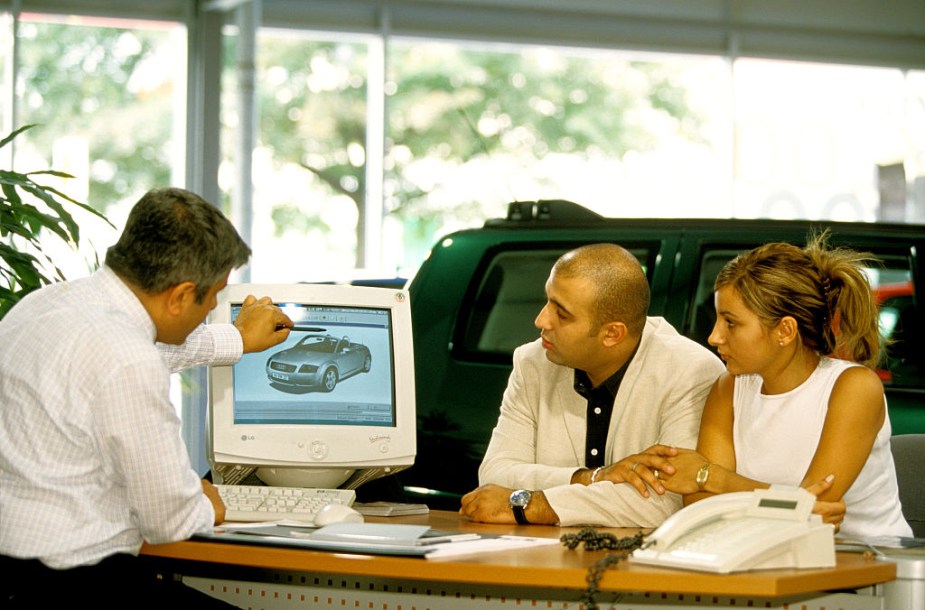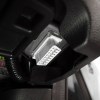
Car Dealer Fees You Have To Pay, And Some You Shouldn’t
Another cost of buying a car is the of myriad dealer fees. In fact, they can amount to 10 percent of the total price of your new car. But some of them are required, yet others, not so much. It can be a bit of a cat-and-mouse game trying to figure out what you’ll pay and what you can pass on. And it also can vary wildly in price.
An overall average estimate of fees in California, Michigan, and Alabama, can run over $5,000 for a new car. But in states like Alaska and Oregon, it can be just a few hundred dollars. In Louisiana, new car dealer fees can top out at over $6,000.
Destination charge fees

First, the dealer destination fee is federally regulated by the feds, so you’re required to pay it. Though you would expect this to be wrapped into the price of your new car, it’s not. This fee covers transportation between the manufacturer and the dealer. Even if you were to go to the factory to take delivery, you still pay the fee. This can run as much as $2,000.
Safety and emissions inspection
This is another required fee. Certain states require this to sell each used car. It can cost up to $60.
Documentation fees

The dealer charges this to compile all of the documents required by the states to file for your registration. Lendingtree suggests that this rate can vary from as little as $85 to $895 in Florida. This fee is also required.
Title, tax, and license fees
Here is a fee that you would expect to be part of the Documentation Fee. Instead, it is a separate fee dealers charge covering taxes, title, and license fees. Some states provide a calculator to estimate how much you’ll pay, but it is required by the state.
Then there are those fees that seem almost arbitrary, which in some cases can be dropped. They’re not required, and leave some negotiation room that can see them lowered or eliminated altogether.
Market adjustment fee

The marketing adjustment fee is an arbitrary price that dealers tack onto the MSRP to reflect current price trends, especially in this atmosphere of heavy demand. As car prices are starting to fall, this could go away on its own.
GAP insurance
Called guarantee asset protection, it will pay off your car should it be totaled, based on its value at the time of the accident. Because many insurance companies offer it, check out a few of them. This helps determine if you want what the dealer offers or can get it cheaper on your own.
Loan protection insurance

Should you lose your job and are unable to make car payments, loan protection insurance will pay off the loan balance. This is another type of insurance that is offered by several insurance companies. Check out their prices before negotiating for that new car, as they could be cheaper than the dealer’s number.
Extended warranty
This gives you a repair warranty after the manufacturer’s warranty runs out. If you’ve never received an unsolicited call for one of these, you’re in the minority. That said, if this does interest you, read the fine print carefully as these are private companies not affiliated with the dealer or manufacturer. Some are better than others.
Tire and wheel protection
With lower profile tires, both they and the wheels can be damaged from potholes and other obstructions. But as a way to avoid paying for patching a tire, it isn’t worth it. Tires are now designed to hold up better under these conditions.
Appearance package
Some car sales mean dealers may try to upsell you for things like marked-up paint sealants, wheel locks, and similar extra features. These most often can be purchased independently after the sale at much cheaper prices.



